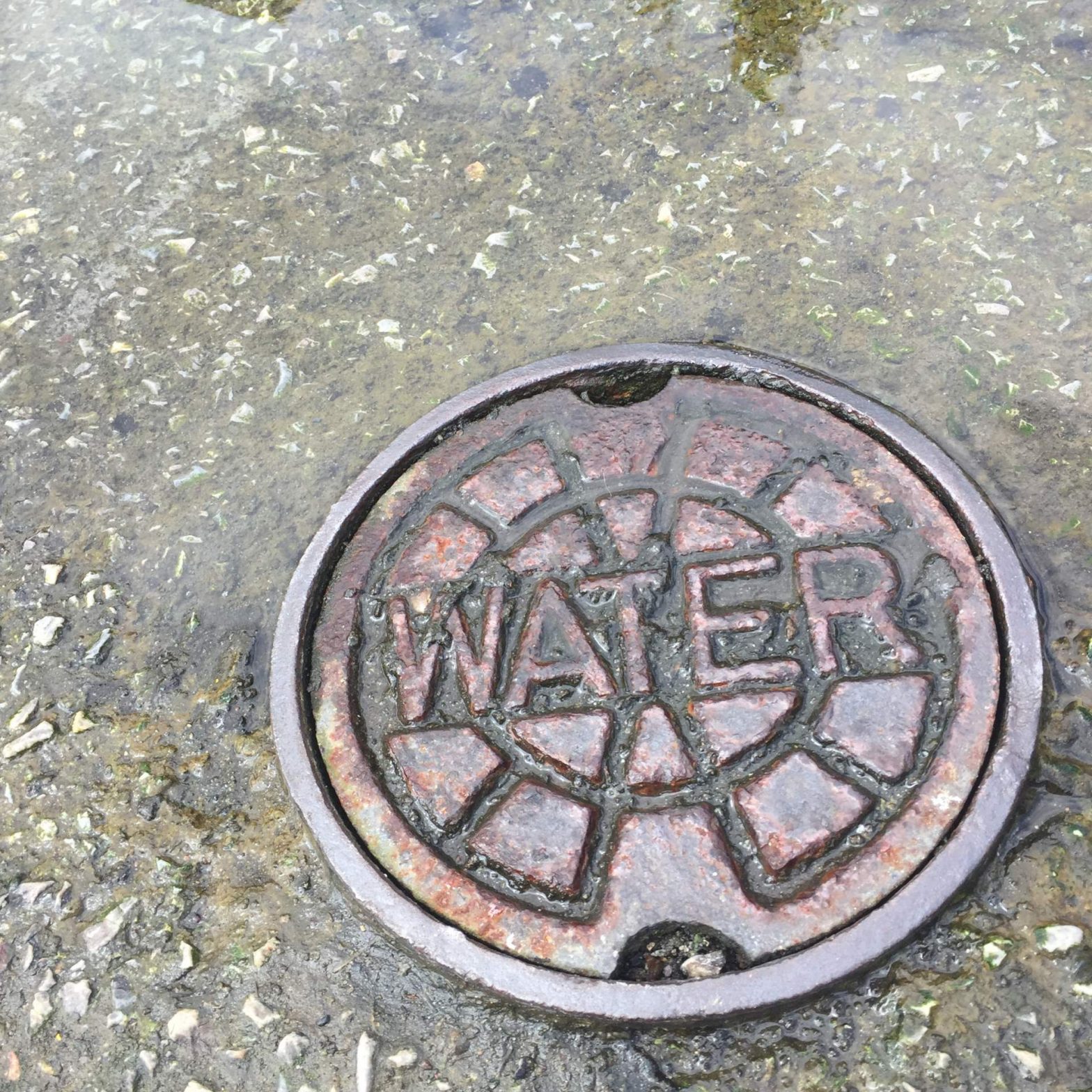The New Jersey Legislature broke for the summer delivering a multitude of water-related bills to Governor Murphy, all of which advance the goals of Jersey Water Works. The passage of these bills represents a significant commitment to upgrading New Jersey’s water infrastructure, ensuring clean drinking water, and protecting our waterways.
- A2374/S1953—Directs EDA to establish program for public or private financing of certain renewable energy, water, and storm resiliency projects through use by municipalities of voluntary special assessments for certain property owners.
- A4825/S647—Revises cybersecurity, asset management, and related reporting requirements in “Water Quality Accountability Act.”
- A2134/S830— Requires public water systems to offer drinking water tests to customers in certain circumstances.
- A2135/A829—Requires property condition disclosure statement to indicate presence of lead plumbing in residential property.
- A5778/S3618—Makes supplemental appropriation of $10 million for grants for certain lake management activities for recreation and conservation purposes.
Governor Murphy signed two important bills earlier this summer that both address lead in drinking water:
- A5343/S3398—Requires public community water systems to inventory and replace lead service lines within 10 years; provides for recoupment of costs by investor-owned public water systems. (signed July 22)
- A5407/S3459—Removes restrictions on special assessments and bond issuances for replacement of residential lead service lines; revises budgetary requirements for operators of certain water systems. (signed July 22)
- A5887/S3960—Awards project grants under “Securing Our Children’s Future Fund” for water infrastructure projects in certain school districts; appropriates $6,608,212. (signed July 1)
- A2863/S968—Requires public water systems to provide notice of elevated lead levels in drinking water to customers and local officials; requires landlords to notify tenants of elevated lead levels. (signed May 11)
In addition, the final FY22 budget included the following provisions for water infrastructure funding:
State Revolving Fund
Continues the $60m appropriation to the Clean Water and Drinking Water State Revolving Funds that was newly initiated in FY2021 to support safe and modern water projects statewide, including lead service line replacements.
Lead Paint Remediation
Continues the total appropriation of $10m for this purpose in two equal pieces: $5m for Single Family Home Lead Hazard Remediation Fund and $5m for a Lead Safe Home Renovation Pilot Program. An additional $10m is newly appropriated from federal American Rescue Plan funds for Home Based Paint Remediation.
Lead Testing for Schools
Appropriates $5m to reimburse school districts for the cost of testing lead in drinking water during the 2021-2022 school year.
Water Accountability Municipal Compliance
An appropriation of $5m is furnished to help administer the newly enacted Water Quality Accountability Act, including cybersecurity aspects.
Public Access Lake Stormwater Management Grants
Appropriates $10m from the federal American Rescue Plan for this purpose, with special emphasis on larger lakes such as Lake Greenwood and Lake Hopatcong.
Federal American Rescue Plan (ARP) – Project Selection Process
To determine the distribution of federal American Rescue Plan (ARP) funds received by the state, the Governor’s Disaster Recovery Office (GDRC) will consider funding applications, most of which will also require approval from the Joint Budget Oversight Committee. (The GDRC may distribute $200m at its discretion in individual allocations not to exceed $10m.) Water and sewer projects and lead hazards are eligible. Other specific ARP appropriations include:
- $15m Water and Sewer Improvements, Fort Monmouth
- $10m Camden City Sewer Disconnect
- $ 5m Local Government Infrastructure Planning
- $ 2m Milltown Water Line Relining
- $ .3m Ridgefield Park Combined Sewer Overflow – Long Term Control Plan
This legislation advances the goals shared by Jersey Water Works and demonstrates the power of collaboration. Jersey Water Works does not take positions on specific bills or executive actions, but believes deeply in the power of education, cross sector problem solving, and leadership to ensure the transformation of the water infrastructure sector. JWW committees are encouraged to:
- Highlight best practices
- Promote policy successes
- Distribute fact sheets and other educational materials
- Educate the public and policymakers about its shared goals
Many individual JWW members lobby, but do so apart from their affiliation with the collaborative.
